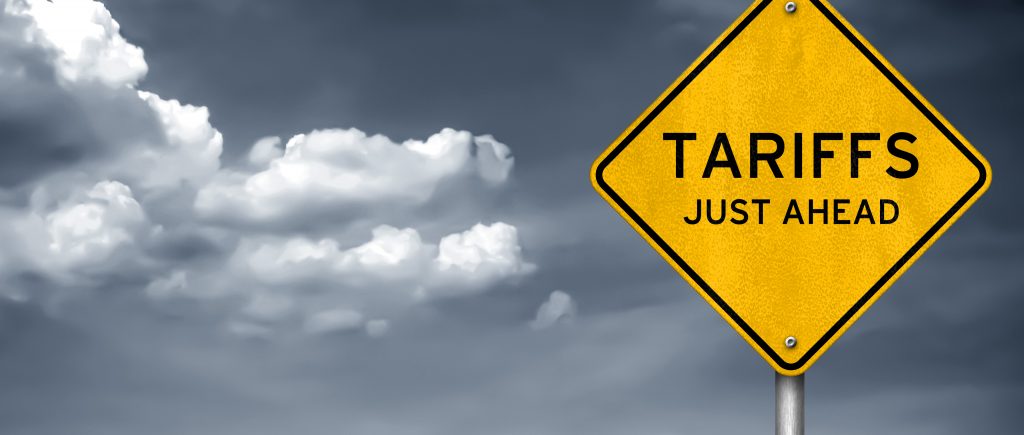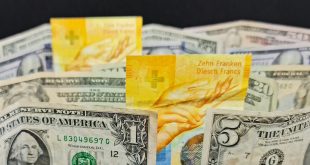
Trump Faces Legal Battle Over Tariff Policies
Since April 2025, President Donald Trump has sparked global controversy by imposing sweeping tariffs on imports to the United States, targeting major economies including China, the European Union, Canada, Mexico, and several Arab nations. The tariffs, ranging from 10% on general imports to as high as 145% on Chinese goods, were intended to bolster domestic industries but quickly ignited a fierce legal and political battle. A U.S. trade court ruled these tariffs unlawful, arguing that Trump overstepped his authority by invoking the International Emergency Economic Powers Act of 1977 to justify the measures. The court’s decision, grounded in the constitutional principle of “non-delegation,” emphasized that only Congress holds the authority to impose taxes, duties, and regulate international commerce, as outlined in the U.S. Constitution.
The administration’s attempt to frame the ruling as a “judicial coup” against Trump’s agenda failed to sway the judiciary, though the U.S. Court of International Trade’s actions did not entirely dismantle the tariff policies. Instead, the court sought to limit their scope, demanding that the White House halt their implementation within ten days. The ruling highlighted the judiciary’s commitment to the separation of powers, a cornerstone of American governance, and challenged Trump’s claim that Congress had granted him broad authority to reshape trade rules. Trump had cited the 1977 law, which allows the president to address “extraordinary threats” through trade measures, but the court found this justification insufficient, distinguishing the current situation from former President Richard Nixon’s 1971 tariffs, which were upheld in 1975 due to a clear economic crisis.
The legal battle took a new turn when a federal appeals court temporarily reinstated the tariffs, pending a government appeal. This decision has set the stage for further litigation, with plaintiffs ordered to respond by June 5, 2025, and the administration by June 9. The ongoing dispute has drawn sharp criticism on social media, where some users labeled the tariffs “reckless,” warning of economic fallout for American consumers and businesses. Others expressed concern that the legal back-and-forth could destabilize global trade relations, particularly with key partners like China, which retaliated with 125% tariffs on U.S. goods. As the case unfolds, it underscores the delicate balance between executive power and congressional authority, with significant implications for U.S. trade policy and international relations.
 Noor Trends News, Technical Analysis, Educational Tools and Recommendations
Noor Trends News, Technical Analysis, Educational Tools and Recommendations




